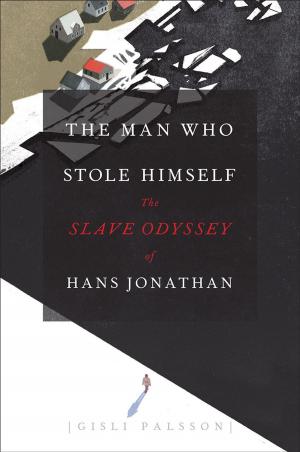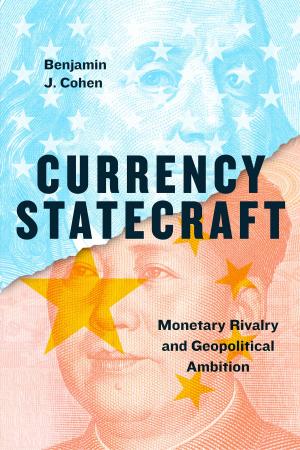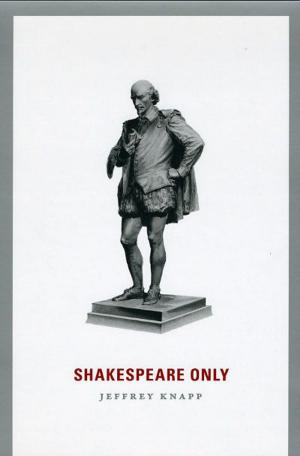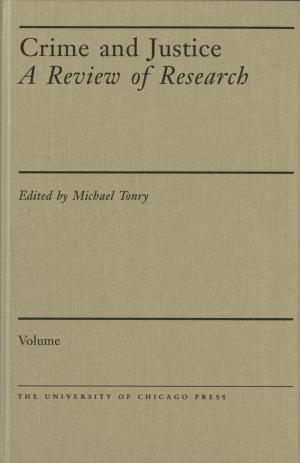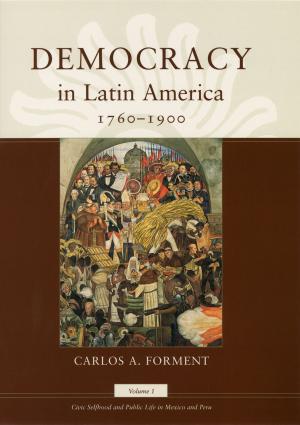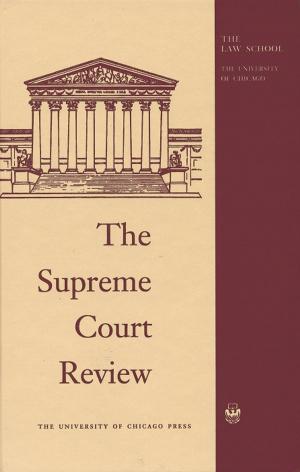Thoughts on Machiavelli
Nonfiction, Religion & Spirituality, Philosophy, Social & Cultural Studies, Political Science| Author: | Leo Strauss | ISBN: | 9780226230979 |
| Publisher: | University of Chicago Press | Publication: | July 4, 2014 |
| Imprint: | University of Chicago Press | Language: | English |
| Author: | Leo Strauss |
| ISBN: | 9780226230979 |
| Publisher: | University of Chicago Press |
| Publication: | July 4, 2014 |
| Imprint: | University of Chicago Press |
| Language: | English |
Leo Strauss argued that the most visible fact about Machiavelli's doctrine is also the most useful one: Machiavelli seems to be a teacher of wickedness. Strauss sought to incorporate this idea in his interpretation without permitting it to overwhelm or exhaust his exegesis of The Prince and the Discourses on the First Ten Books of Livy. "We are in sympathy," he writes, "with the simple opinion about Machiavelli [namely, the wickedness of his teaching], not only because it is wholesome, but above all because a failure to take that opinion seriously prevents one from doing justice to what is truly admirable in Machiavelli: the intrepidity of his thought, the grandeur of his vision, and the graceful subtlety of his speech." This critique of the founder of modern political philosophy by this prominent twentieth-century scholar is an essential text for students of both authors.
Leo Strauss argued that the most visible fact about Machiavelli's doctrine is also the most useful one: Machiavelli seems to be a teacher of wickedness. Strauss sought to incorporate this idea in his interpretation without permitting it to overwhelm or exhaust his exegesis of The Prince and the Discourses on the First Ten Books of Livy. "We are in sympathy," he writes, "with the simple opinion about Machiavelli [namely, the wickedness of his teaching], not only because it is wholesome, but above all because a failure to take that opinion seriously prevents one from doing justice to what is truly admirable in Machiavelli: the intrepidity of his thought, the grandeur of his vision, and the graceful subtlety of his speech." This critique of the founder of modern political philosophy by this prominent twentieth-century scholar is an essential text for students of both authors.


